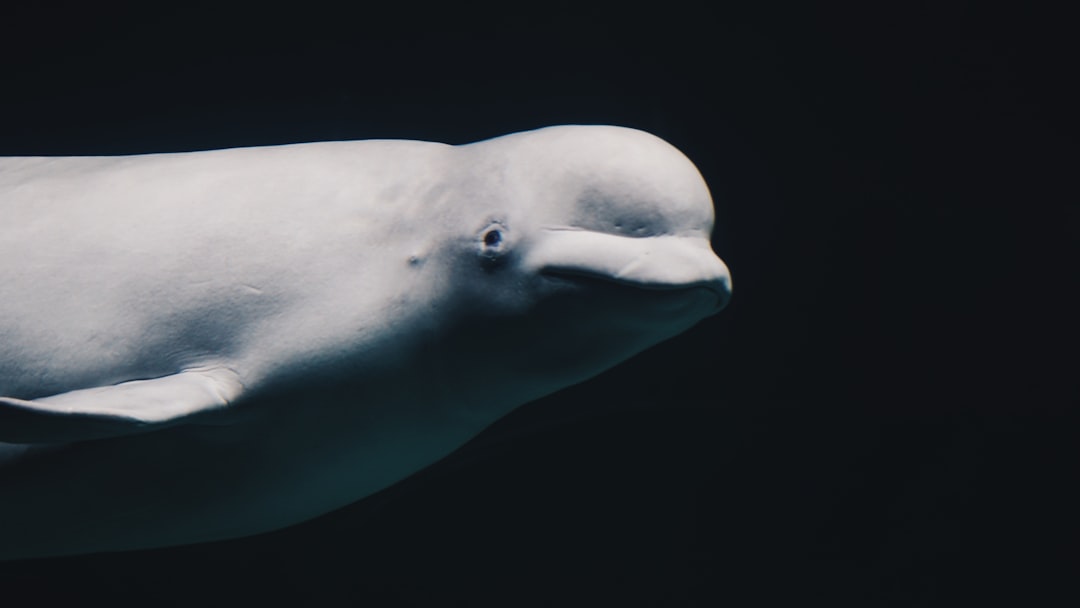What is it about?
Small-scale fisheries (SSF) are a substantial segment of global fisheries, accounting for about half of the world’s catches in absolute terms and for two thirds of the fish destined for direct human consumption. We designed and tested a novel participatory approach to map the SSF fishing effort using the Mediterranean Sea as a case study. We applied the approach in eight countries (Albania, Croatia, Italy, Libya, Malta, Montenegro, Slovenia and Tunisia) characterized by different cultural, social, political, and ecological features.
Featured Image

Photo by Cas Holmes on Unsplash
Why is it important?
The results of this study provided quantitative and spatially explicit information on fishing operations on a fine-scale resolution, contributing to overcome the pragmatic and budgetary constraints that to date have prevented an accurate assessment of SSFs worldwide. This novel participatory approach is inspired by the principles of governance, adaptive management, cross-national cooperation and spatial planning, thus supporting the ecosystem approach to fisheries, and has the potential to provide a useful complement to traditional assessments.
Perspectives
Conceiving the original idea and writing this article was a great pleasure as it has co-authors belonging to eight Mediterranean countries, with whom I have had a long-standing collaboration in the framework of two regional FAO projects. Considering the encouraging results obtained in our study, we hope that the methodology proposed in this article could be successfully applied worldwide, where the study of fishers’ behaviour and effort distribution would require high specialization skills and considerable effort, time and resources.
Fabio Grati
Consiglio Nazionale delle Ricerche
Read the Original
This page is a summary of: Mapping small‐scale fisheries through a coordinated participatory strategy, Fish and Fisheries, February 2022, Wiley,
DOI: 10.1111/faf.12644.
You can read the full text:
Contributors
The following have contributed to this page










